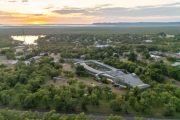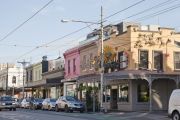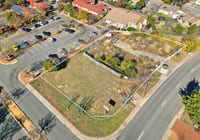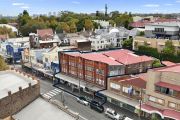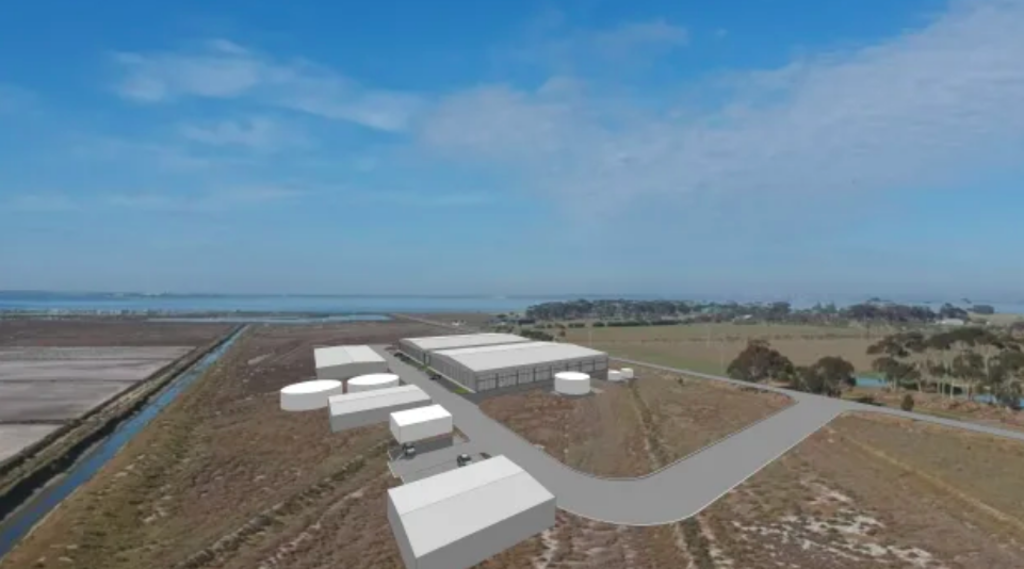
Land-based Avalon fish farm seeks $65 million capital
Seafood producer Aqua Partners Australia plans to develop a land-based, organic fish farm to tap growing global demand for sustainably produced animal protein that it says will grow by up to 2 million tonnes a year.
The Melbourne-based offshoot of Danish company Aqua-Partners ApS plans to develop the facility capable of producing up to 12,000 tonnes of seafood annually on a 100-hectare site that it owns in Avalon, 45km west of Melbourne.
The Avalon facility, designed for recirculated saltwater using technology already operating in Switzerland, Denmark and Norway, will have capacity for 10 fish tanks measuring 50 metres in diameter and five metres high.
“We can take four tonnes of fish out per day without disturbing the existing stock because we can keep seeding the system,” said Aqua Partners managing director Dan Callaghan.
“It’s more secure and sustainable than caged fish farms like those in Tasmania because the system creates a pristine environment for the fish to grow, so you don’t need to feed them antibiotics to protect them from parasites and diseases.”
Aqua Partners Australia is seeking a $65 million investment to kickstart the project.
“There are no predators and there is no risk of storms wrecking your cages. Because the temperature and chemical balance is controlled, there is also lower attrition,” Mr Callaghan said.
Mr Callaghan said while it was a newly emerging industry, the land-based aquaculture system offered enormous potential for growth.
“As developing markets such as China, India, and Brazil grow and as consumers worldwide increasingly focus on sustainably sourced and healthy food choices, average annual production will need to increase by at least 1 million to 2 million tonnes per annum to meet this demand and that means the fish farming industry will need to significantly upscale,” he said.
“Australia was uniquely placed within Asia to develop an entirely new industry around sustainable seafood production with a very long coastline, sites that are suitable for land based aquaculture.”
Mr Callaghan said the company has already secured supply agreements for both the juvenile fish stock and the sale of the harvested fish.
“The site’s fully consented now and we’ve already received the EPA license, so everything is ready to go. We just need an interim investor to get the facility up to the scale that would then attract the big superannuation funds,” he said.

